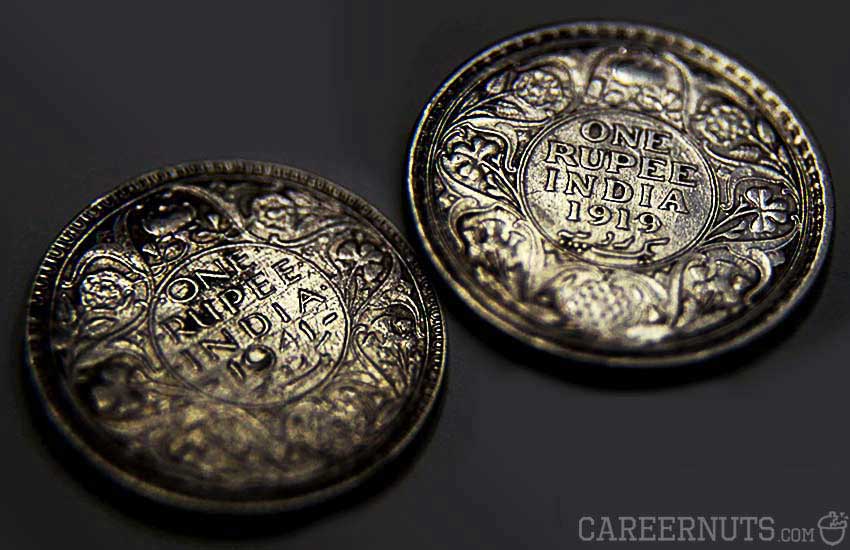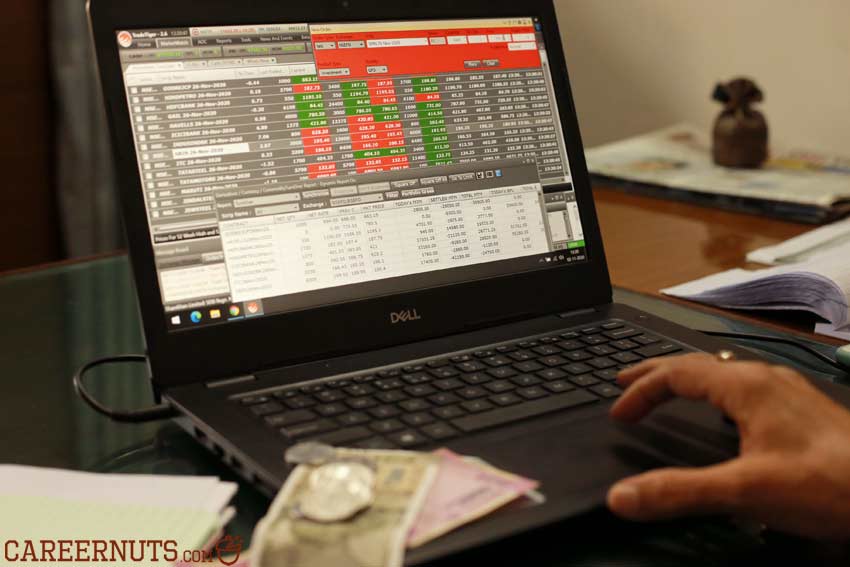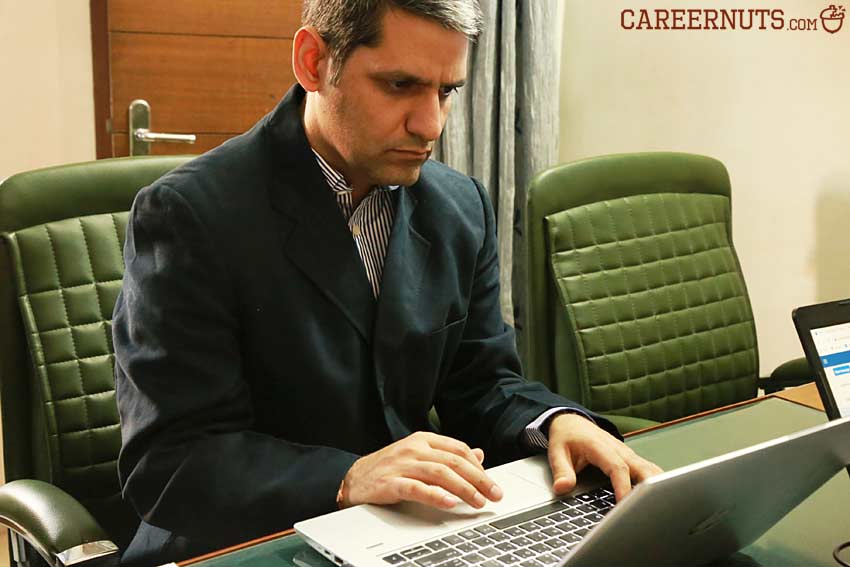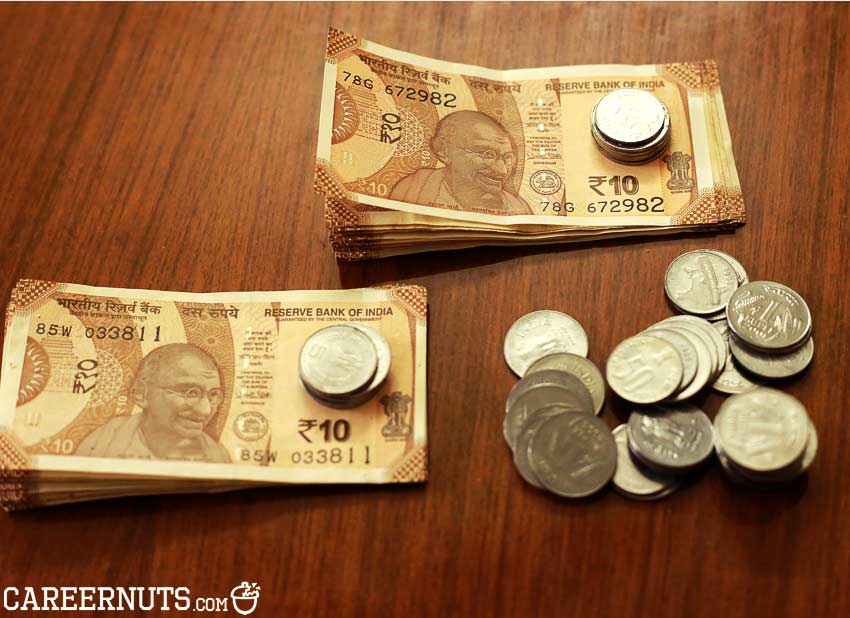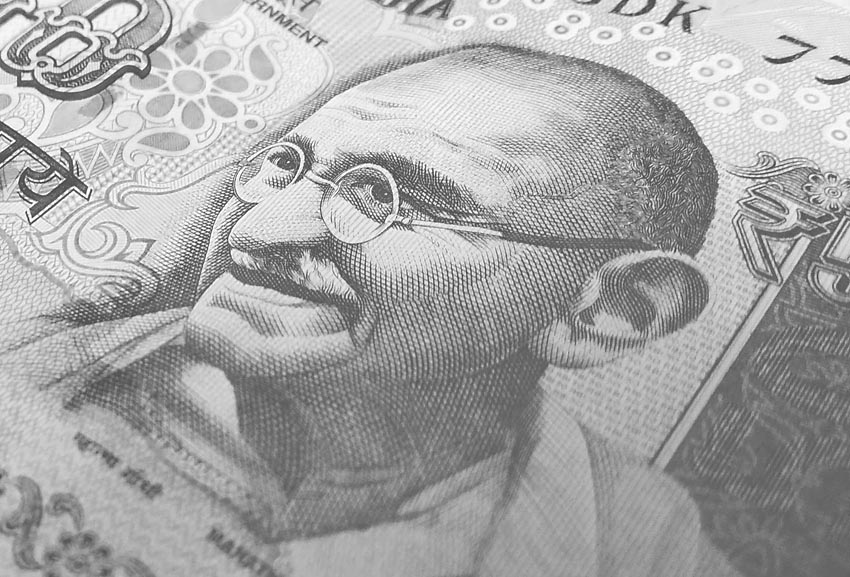Hey there! Do you find the dynamism in the economy and the fast-paced life of an economist enticing? Yuvika Singhal, an Economist with over 12 years of experience, discusses how to become an economist in India.
The role of an economist is well established overseas with almost every firm having an in-house economist to guide them in their business decisions, track the company’s performance vis-à-vis the economy, make suggestions to widen business horizons and plan for a future growth path.
However, an economist’s role in India is still gaining ground, with firms realising the importance of having an economist to assist their business decisions. This further widens the scope of a bright career in economics.
If you are interested in learning more about how to become an economist in India, then we have you covered! We have compiled a guide including whether it is a career option that you should take up, how long does it take to become an economist, what their average salary is. Check out how to become an economist in India!
1. Role of an Economist
The role of an economist includes giving economics and financial advice to businesses, companies, brands or even the government. They are also responsible for evaluating the company’s business stance and give strategy suggestions keeping in mind economic outlook. An economist should be up to date with all the economic happenings in the country and even internationally.
They need to analyze Indian, Asian, and US economies, track the highs and lows, carry out mathematical analysis and research work when required. The job role also requires them to make use of research and statistical tools available to be more accurate.
1.1 Is It a Good Career Option?
As a matter of fact, almost everything revolves around the economy. If the economy of a country collapses then it rages havoc on its citizens. While on the flip side, a strong Gross Domestic Product (GDP) signifies economic prosperity.
Therefore, economics provides a huge scope in terms of building a career and the demand for economists in India is growing with time. However, being an economist requires one to be diligent and hardworking, at the same time, they need to be decisive, quick in their analysis, and sport amazing communication skills.
Contents: Jump to Section
2.2 Entrance Exams
2.3 Academic Qualifications/ Options
2.4 License Required
2.5 Internship/ Work Experience Required
2.6 Cost of Tuition and Training
2.7 Competition & Scope in India for an Economist
2.8 General Age to Start Professional Career for Economists
2.9 Governing Bodies
3.2 Companies & Institutions that Employ Economists
3.3 Growth Prospects
3.4 Entrepreneurship Opportunities
3.5 What is the Salary of an Economist in India?
4.2 Top Universities in World
4.3 Famous Personalities
2. How to Become an Economist in India
2.1.1 Subjects Taken at School
10+2 in Commerce stream: Economics, maths, English
To pursue a career as an Economist, one should come from a commerce background. Maths is also one of the requirements to study economics. So your subjects in 11th and 12th grade will include Economics, Business Studies and Maths.
2.1.2 Subjects Taken at College: Economist Course Requirements
Public policy, Monetary economics, Statistics, Econometrics
What subjects are needed to become an economist? To know how to become an economist in India, we first need to know the courses one needs to take up in college. Usually, you start by opting economics at the intermediate level and thereafter you can major in subjects like Microeconomics, Macro Economics, Public policy, Monetary economics, Statistics, Econometrics.
2.2 Entrance Exams
Unlike the engineering and medical professions, you don’t need to to sit for an all India combined test to become an economist. However, getting into good postgraduate colleges such as Delhi School of Economics, JNU, Madras School of Economics, Gokhale Institute, will require you to take up an entrance test.
2.3 Academic Qualifications/ Options
B.A. & M.A. in Economics
You can start with a Bachelor’s degree in Economics. Having a Masters degree is ideal when you are willing to start a career in economics. The degree ropes you well with the basics and also induce analytical and critical thinking skills, which is a must to find a job as an economist.
If you wish to pursue a career in teaching, a Ph.D. in Economics will be a good idea.
2.4 License Required
No
There is no license required before you start practising as an economist. You can simply finish your Masters and sit for placements, or even work under known economists to start a career.
2.5 Internship/ Work Experience Required
No, but an internship is always preferred.
Although internships are a mandate in a few cases, becoming an economist doesn’t require you to intern for a fixed span. However, internships bestow you with practical skills and knowledge about the profession, so it is always a good idea to intern during college.
2.6 Cost of Tuition and Training
15K-65K per semester; depends on college.
The average tuition fee required to become an economist depends upon the institution you are choosing for your bachelors, masters or the doctoral degree. While the cost will be comparatively lower lower in government institutions, it can certainly hike up if you choose to pursue the course at international universities.
For example, at Shri Ram College of Commerce, Delhi University (SRCC , DU), the tuition for B.A. Honors in Economics program is ₹ 15,000 per semester.
2.7 Competition & Scope in India for Economist
Extremely competitive both for colleges and jobs.
As per the case in most premier institutions, the seats are limited, hence the competition can be fierce. More importantly, being an economist is a niche job with a limited number of job openings. Remember, not every organisation hires an Economist. So, you should prepare yourself for a hustle.
2.8 General Age to Start Professional Career as an Economist
21-30 years
People start practicing as an economist after post graduation, but having a masters or doctoral degree can notch up your skills and scope for getting a better job. The ideal age to start a career in economics is between 21 – 30 years, depending on your academic qualifications.
2.9 Governing Bodies
No
There are no such governing bodies that overlook the job prospectus or further scope of an economist in the country.
3. Professional Opportunities/ Career Growth for Economist
3.1 Specializations/ Sub-Professions
Financial, business, or research economist
Being an economist is a varied profession, at times you might need to act as a financial advisor, while other times you might be bootstrapping in the financial history. Hence, there are just variations instead of further specializations when it comes to being an economist. However, specifications may include working with a particular firm such as labour, financial, business, or research economist.
3.2 Companies & Institutions That Employ Economists
There is an array of sectors hiring economists. A few prominent sectors include banks, mutual fund agencies, rating agencies, investment banks, the government, and corporates. Also, you always have the option to work independently.
3.3 Growth Prospects
Now that you know how to become an economist, even understanding the growth prospects in this career is crucial.
Growth as an economist is directly proportional to the work experience, the ability to offer meaningful assessment and impact of economic developments. One usually starts at a junior level and can work their way up the ladder to the position of a Senior Economist or a Chief Economist.
3.4 Entrepreneurship Opportunities
As far as the entrepreneurship opportunities are considered in this area, the trend of independent economic consultants is quite common overseas. However, this is yet to find a solid ground in India. We, at QuantEco Research are the first movers in India on this front.
3.5 What is the Salary of Economists in India?
8-10 lakh per annum
The average salary of an economist in India ranges between 8-10 lakh per annum for someone with 3-5 years of experience. It goes up with the years of experience and your skills.
4. Further Resources
4.1 Top Universities in India
Delhi School of Economics
Delhi School of Economics is one of the top universities in India, however, the competition remains very high due to limited number of seats and a comparatively higher number of applicants. On getting a degree from DSE, getting a job or building a career in economics becomes a cakewalk.
4.2 Top Universities in World
London School of Economics
Globally, one of the best institutions one can look at is the London School of Economics. Besides, there are a whole host of good courses in some of the top universities of the US, UK and Australia that one can choose from.
4.3 Famous Personalities
Dr. Manmohan Singh, Dr. Raghuram Rajan
Although there are several imminent personalities who have served as an economist, a few prominent names are Dr. Manmohan Singh, Dr. Raghuram Rajan, Dr. Amartya Sen, Dr. Shubhada Rao, and Dr. Sajjid Chenoy. You can look them up or read more about their life and choices to get a better idea of the work and lifestyle of an economist.
So, we hope this basic knowledge on how to become an economist was helpful. Let us know your questions and career plans by tweeting @CareerNuts!
Read next:
Economist Career Path: Is it the Right Career for You?
Hi there! Are you someone who is interested in building a career in economy? Find out all about the economist career path, future, and required skills from a professional!
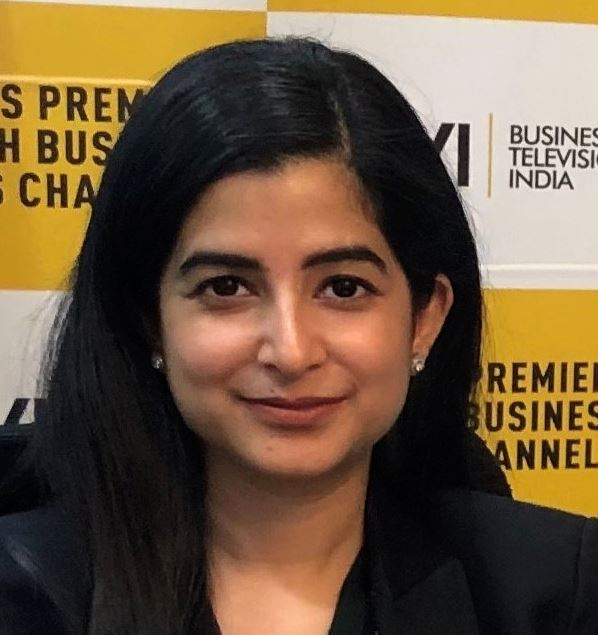
Yuvika Singhal is an Economist with over 12 years of experience in Indian economic research with specialisation in empirical work in macroeconomy and public policy. She works for QuantEco Research, New Delhi, prior to which she was employed by Yes Bank and ICICI Bank.
At QuantEco Research, Yuvika regularly presents to clients on the India economic and financial market outlook and comments on economic developments in the media to CNBC, BTVI, Zee Business etc. She also represented India at the 2013 Economics International Visitors Leadership Program (IVLP) in the US.
Yuvika completed her BA Economics from Shri Ram College of Commerce (2007), after which she graduated from Delhi School of Economics (2009) with an M.A. in Economics. In her free time, she likes painting and reading.
